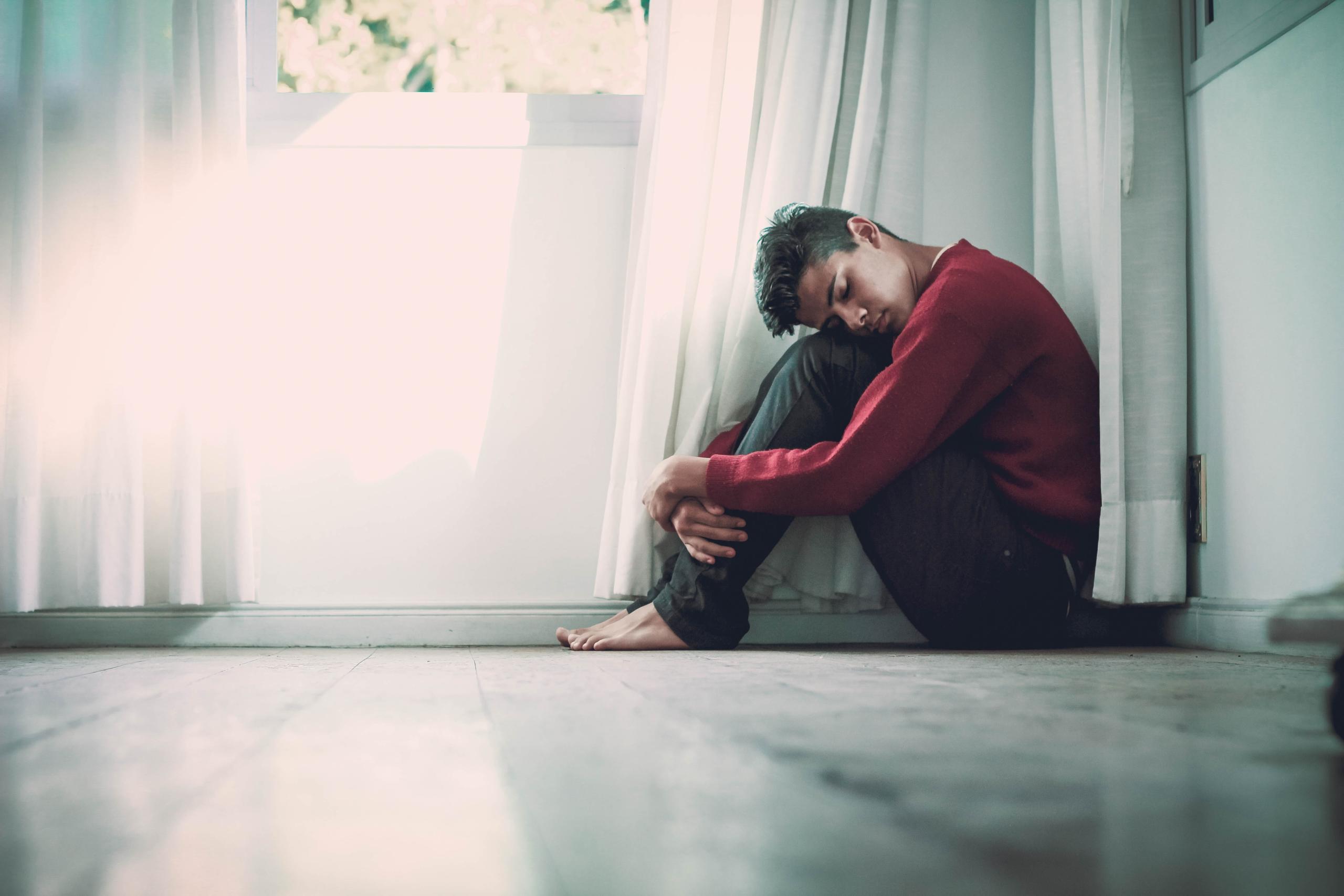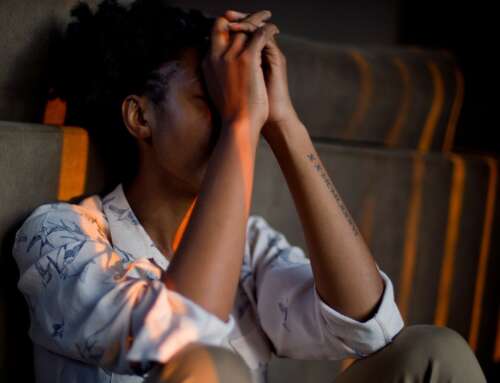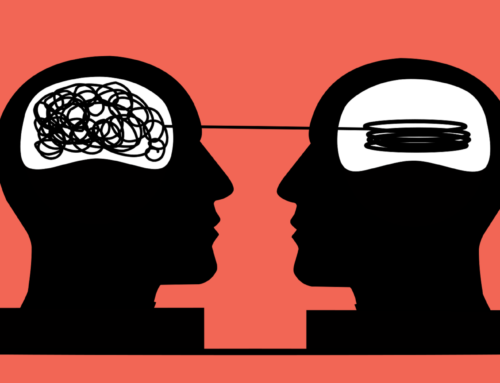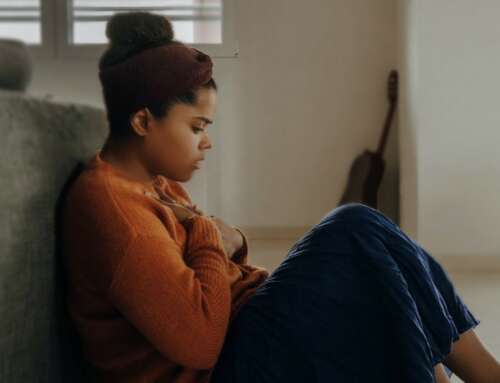On first impression bipolar disorder is easy to understand. It’s a disorder where a person experiences extreme mood changes, highs and lows, with periods of normality in between.
But, when we look further into the disorder, or we hear people talk about their experiences, it starts to get a little more complex, and the terms bipolar I and bipolar II emerge.
So, what’s the difference? And how do these symptoms affect people living with the disorder?
Criteria for bipolar
The premise of bipolar disorder is relatively straightforward.
To be diagnosed a person must experience at least one episode of either ‘mania’ or ‘hypomania’.
For most people diagnosed with bipolar disorder depressive symptoms are also present prior to the emergence of their highs (mania or hypomania). These lows may not always be obvious and the person may not deem them severe enough to seek help.
It’s important to note that everyone’s experience of bipolar is unique. The length and intensity of moods vary from person to person, some people experience mainly highs, others experience more lows, while some ‘rapidly cycle’ between these states. Symptoms may also affect people’s insight and understanding in different ways and at different times.
Symptoms specific to bipolar I
Where bipolar I and II differ is the length and intensity of the high and the presence of major depression. Bipolar I requires one experience of mania, but does not require an episode of major depression (however many people do experience symptoms of depression).
For an episode to be defined as manic it must last at least one week. Someone experiencing mania may not know they are ill or in need of treatment, and occasionally an episode will include an experience of psychosis or delusional thoughts.
Symptoms specific to bipolar II
For bipolar II a person must experience at least one of major depressive episode lasting two-weeks, and one experience of hypomania that lasts at least four days.
Unlike mania, an episode of hypomania is not considered severe enough to impact social functioning or to require hospitalisation. It does not include psychosis and the impact of an episode is not considered a ‘significant impairment’. In fact, it is possible for people who experience hypomania to continue to operate within their regular, although modified, routine.
Now we know the difference, where to now?
For people living with bipolar recovery is possible. Combining medication with a healthy lifestyle and support from community services and health professionals is an effective way to manage and respond to symptoms.
– Jeremy Little








Leave A Comment